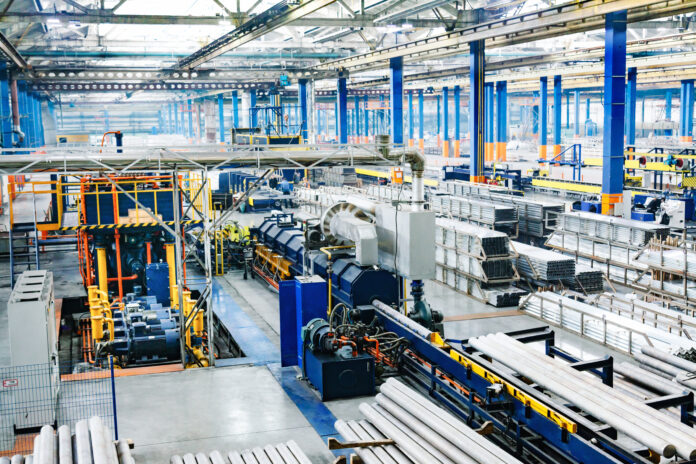
In response to the pressing skills shortage facing Australian businesses, Rockwell Automation’s 2024 State of Smart Manufacturing Report (SoSM) has revealed that smart manufacturing technologies are empowering local manufacturers to tackle this challenge head-on.
Ai Group recently highlighted that Australian businesses are grappling with the tightest labour market since the 1970s.
Recognising this concern, manufacturers have embraced innovative solutions, as evidenced by Rockwell Automation’s comprehensive global study, which surveyed over 1,500 manufacturers across 17 countries, including 88 businesses in Australia and New Zealand.
In particular, the findings from the SoSM Report unveiled that 33 per cent of companies in Australia and New Zealand are currently piloting robotics implementations, with an additional 23 per cent in the planning phase.
40 per cent of surveyed companies in the region have already implemented robotics at scale, indicating a proactive approach to addressing workforce shortages.
Faced with a dearth of skilled manpower, findings showed that embracing higher levels of automation emerges as the imperative strategy for manufacturers to ensure operational continuity while fostering future growth.
An important element in this transition towards greater automation is the adoption of the Industrial Internet of Things (IIoT), which facilitates seamless data transfer among connected devices without human intervention.
Notably, 30 per cent of surveyed companies in Australia and New Zealand have already implemented IIoT at scale, with an additional 60 per cent either piloting solutions or actively working on implementation plans.
According to Rockwell, the proliferation of IIoT aims to enhance operational efficiency and enable predictive maintenance and data-driven decision-making in industrial settings.
However, while Australia and New Zealand show progress with a 30 per cent implementation rate, they trail behind countries like China (51 per cent), Canada (41 per cent), and India (48 per cent) in IIoT adoption.
According to the National Institute of Standards and Technology (NIST), smart manufacturing entails fully integrated, collaborative systems that respond dynamically to changing demands and conditions.
Despite some surprises, the SoSM Report revealed that a 44 per cent of surveyed respondents in Australia and New Zealand have already embraced smart manufacturing, either fully or partially.
The significance of smart manufacturing has also caught the attention of the Australian Government, with the House Standing Committee on Industry, Science, and Resources emphasizing the competitiveness achievable through advanced manufacturing processes, particularly Industry 4.0 technologies.
Anthony Wong, regional director of South Pacific, Rockwell Automation, underscored the potential of smart manufacturing, urging manufacturers to adopt a strategic approach and collaborate with experienced partners to navigate the complexities and reap the substantial benefits.
“The benefits are significant as a smart factory can autonomously run entire production processes, maximising efficiency while reducing costs,” he stated.
In a bid to boost productivity amid labour shortages, findings showed that Australian manufacturers are increasingly turning to collaborative robots (cobots) to complement human efforts in assembly and material handling tasks.
The SoSM Report indicated that 34 per cent of surveyed respondents in Australia and New Zealand have already invested in cobots, with an additional 42 per cent planning to do so within the next 12 months, positioning Australia ahead of Canada in cobot adoption.
The full report is available for download here.



















